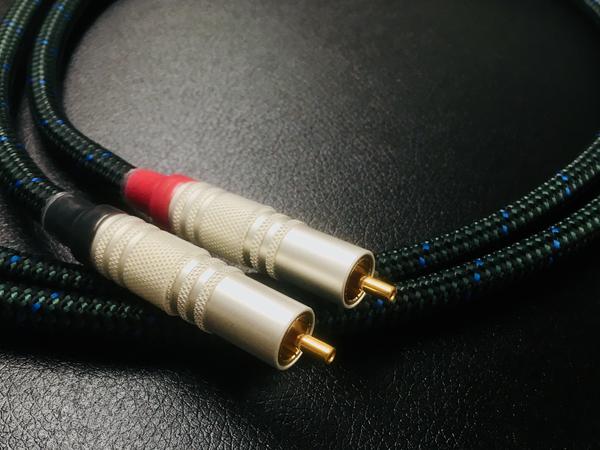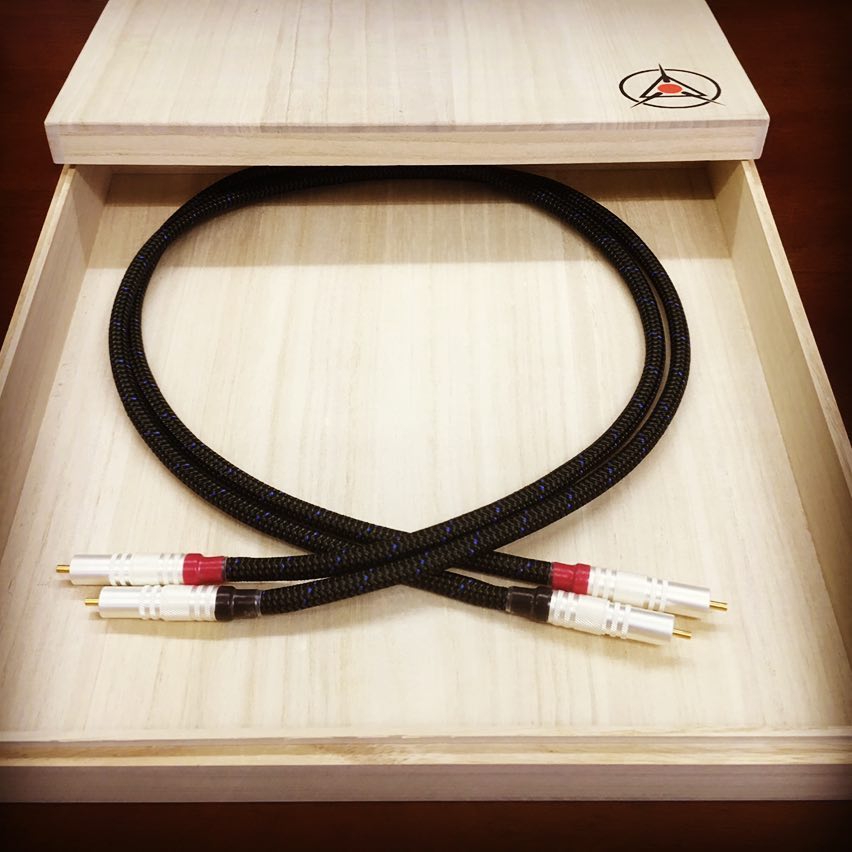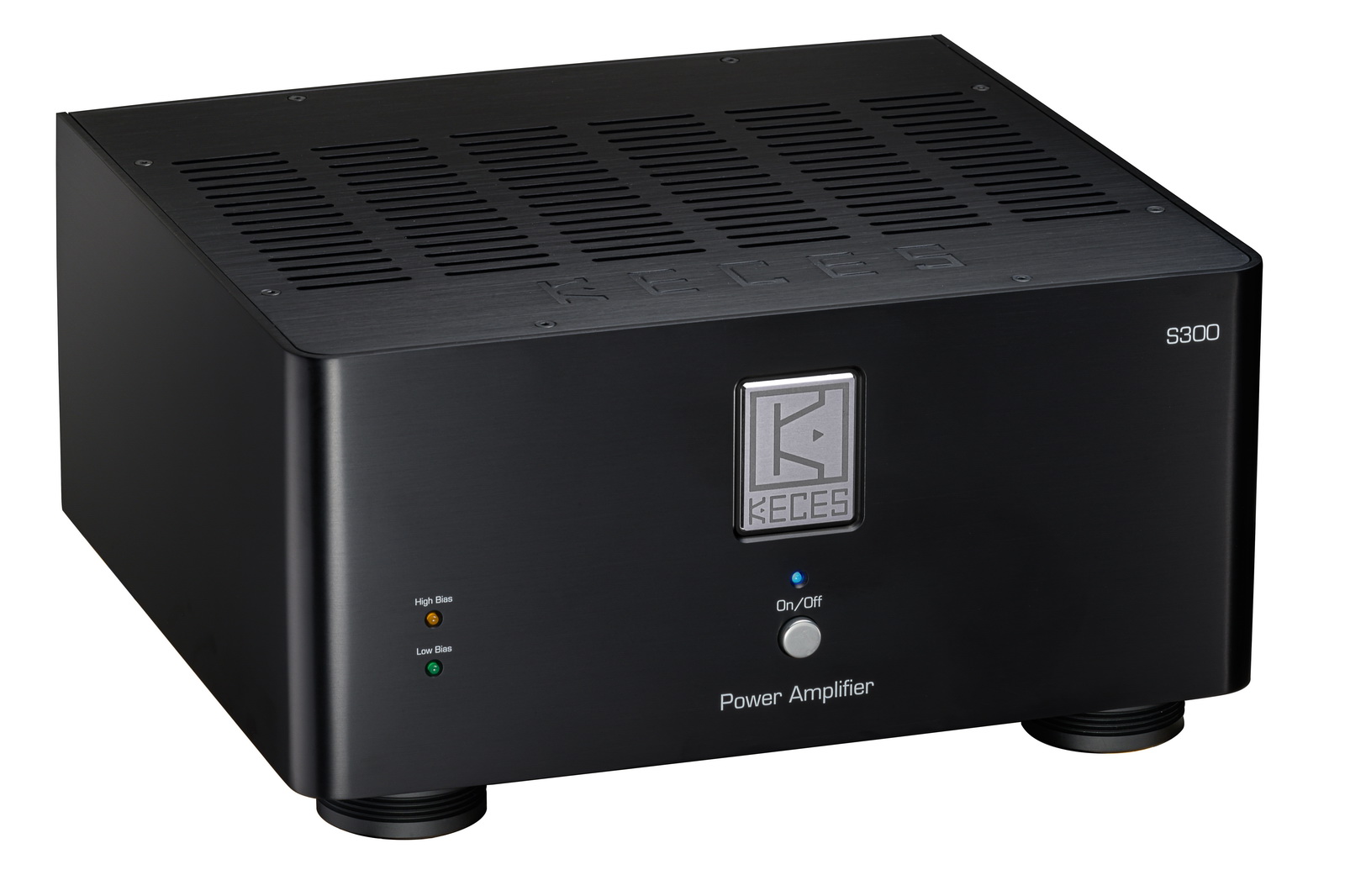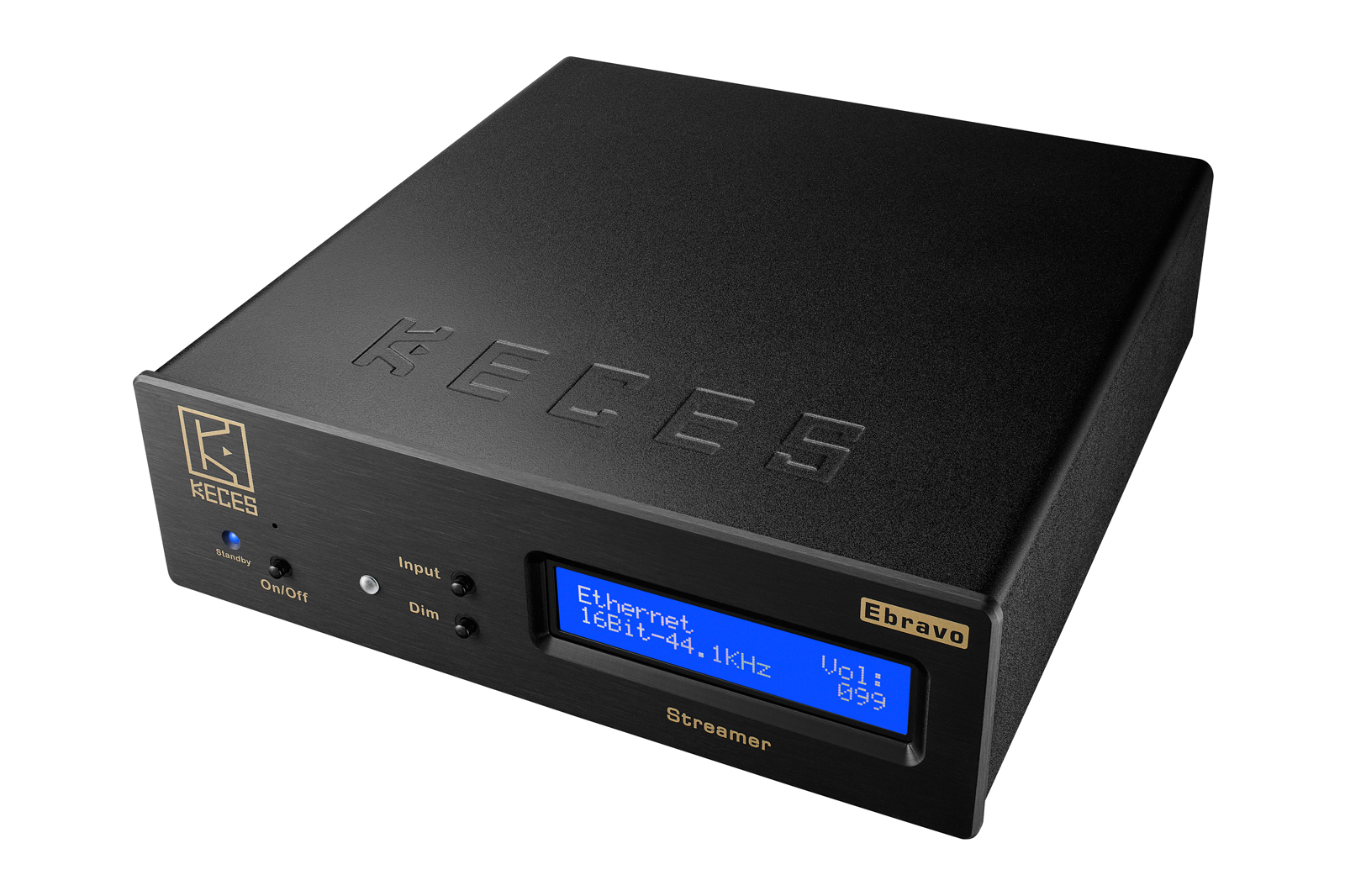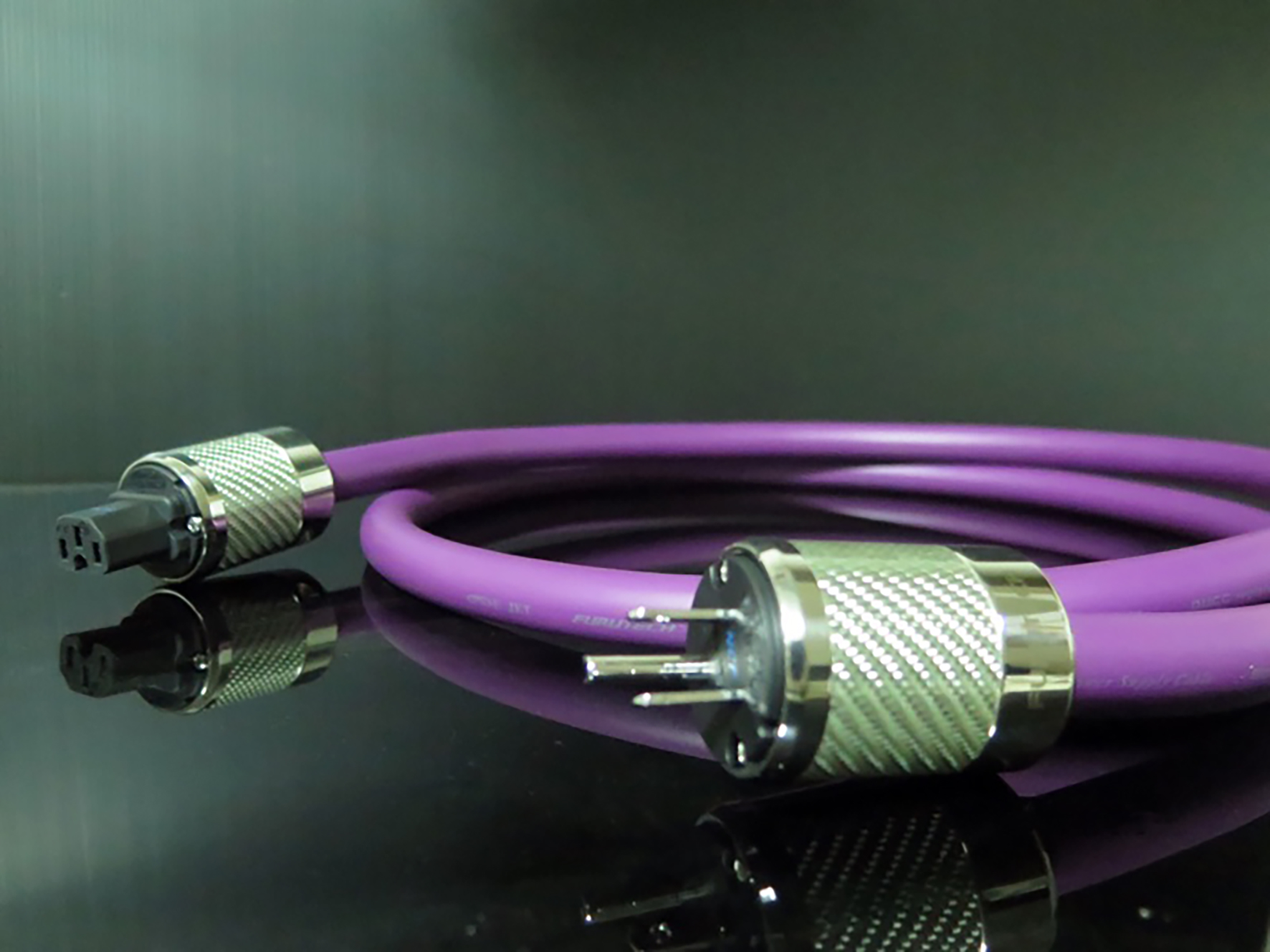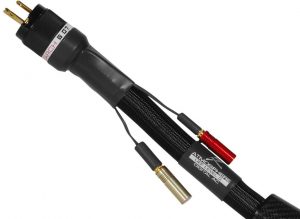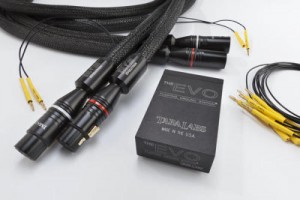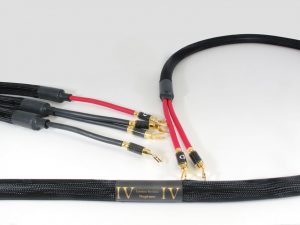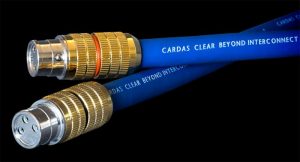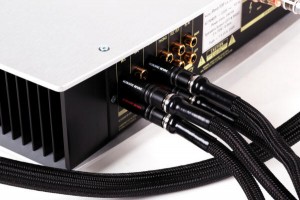In a world where smiling boxes mysteriously appear on your porch and contain products that may or may not be missing a crucial part, fail to operate after two days, or simply not work right out of the box, high end audio is a welcome relief. Online forum tirades from the bored and disgruntled notwithstanding, my experience is that most audio manufacturers really do make things that work well and provide value. Many of these companies are small, so defects hit the bottom line pretty quickly. When it comes to audio gear, I'm generally as content as raspberries in a bowl of tapioca pudding. "Most" doesn't mean "all," however, and the moments of inexplicable idiocy when buying anything occasionally makes me nervous about an audio purchase. Having recently attended a refreshingly optimistic grand opening of a downtown high end audio store, I'm reminded that the trust between manufacturer and consumer is greatly diminished by an online ethos of, "Don't sweat the small stuff (and by that, we mean, your stuff"). A business that stands behind his or her product lines is becoming increasingly rare, which is why it's important to find audio companies that take product quality and support seriously, even…obsessively.
Audiophiles are a passionate, exacting bunch, and many seem satisfied only when companies meet their most reasonable expectation of producing unparalleled heirloom products that anyone anywhere can afford. The desire to find elusive and intractable takumis (the ancient Japanese craftsmen of yore) building cartridges and phono amps for worthy customers blessed by the village elders runs strong in the audio kingdom. Good luck finding anything like that on Instagram. Thankfully, there are companies like Black Cat Cable. The company was founded in 2010 by cable maestro, Chris Sommovigo. Back then, I remember being captivated by the striking colors and Art Nouveau-inspired packaging of the company's inaugural digital cable. Somebody had a keen eye for artistic presentation, to be sure. Later, I was fortunate to add one of Sommovigo's earlier creations, the Stereolab Reference I-700-RX, which became, and still is, my reference for interconnect cables. Accordingly, I've closely followed the various Black Cat product series, but I've never had the chance to experience them in my system, till now. When given the opportunity to listen to the new Stargate Series interconnect, I was curious to find out if it could outperform the Stereolab I-700 RX.
At $5599.95 per 1.0 meter (RCA termination), the Stargate cable is easily the most expensive pair of interconnects that I've used in my system. I typically use Kubala-Sosna Imagination, Harmonic Technology Magic Link II's, and the aforementioned Stereolab Reference I-700 RX interconnects. All fine cables that do different things well, but the Stargate is certainly a few levels up, both in cost and in expectations. I can hear some of you choking on the price, asking, "What the hell is in those things that's worth six grand?" To find out, I checked out the Black Cat website and exchanged frequent emails with Mr. Sommovigo, which shed light on why fastidiously constructed items can be expensive:
"Stargate's basic form factor is a low-density, microporous ePTFE air-tube within which resides a very special variant of the Ultranova 99.999% fully-annealed pure silver conductor that has been braided over with two rounds of Matrix-32 pure copper wires (total of 64). The outer valence of the microporous air tube is braided with 32 x 30awg bare pure copper wires to form an open-braid layer, which is then jacketed with multifilament nylon yarns. The build on Stargate cables is intensely time-consuming, hence the long lead time."
Braiding copper filaments in a strictly specified pattern while battling collapsing air-tubes, followed by braiding of even stiffer wires, and then sheathing it all in easily torn yarn requires focus and dexterity. If it all sounds like a fairly sizable wager of productive hours and costly materials, you'd be right, and I'm immensely glad that it's not my responsibility to make it work, much less pay the bills. The time and effort needed to produce a pair of Stargate cables also made me glad that I didn't muscle them around during installation. Fortunately, Mr. Sommovigo sent me this cautionary warning before delivery:
"Keep some things in mind when you get the cable: do not pinch, step on, etc - the expanded PTFE microporous dielectric tube is very light (you will notice right away how light the cable is). If you pinch it or crush it, it will collapse. That said, it shouldn't cause a problem - the cable would operate normally - but may not look as nice with a "dent" in it. So no very tight bends, either."
Needless to say, never have I been more cautious in connecting gear using new interconnects. On the plus side, the Stargates are light and easily maneuverable, which means I can move them into position in my fairly crowded rack. But I was careful not to lean on them, and I moved very slowly in putting everything together. Of course, I was somewhat reassured by knowing that I wouldn't silence the Stargates if I accidentally squashed them, but you can be sure that gingerly positioning the cables remained standard operating procedure throughout the review period.
Although my review sample arrived in an innocuous looking package containing a very nice cable box, the following email further illustrates Black Cat Cable's remarkable attention to detail:
"As promised, here is a picture of the box that the Stargate cables will arrive in. It is made here in Japan by a company in the Yamaguchi prefecture. This one is made from Paulownia wood, though I had others made from both Falcata and also Japanese Cedar (Sugi).
Some stringed instruments are made from Paulownia, notably the Japanese koto. The flowers of the Paulownia are also the emblem of the Prime Minister's office "mon" (like a coat of arms), and also memorialized by the Japanese "Order of the Rising Sun" and on the 500¥ coin.
So this wood has a very deep connection to and important in Japan."
Listening to music in my system at home, it was clear that all of this diligent labor and technology was justified by the results. All audio gear, cables included, impart a sonic quality to the music. The Stargate interconnects deliver elements that I enjoy when listening to recordings: An engaging, but appropriate, warmth and presence in vocals, guitars, cellos, and the like. High notes that don't shriek, but can still soar and thrill. A silent noise floor that allows the music to feel unconstrained and open during playback. A solid and articulate handling of low frequencies. To be honest, my Stereolab interconnects do all of these things to my satisfaction, which is why I use it as a reference. The Stargate interconnects, however, take the elements of the Stereolab sound, then expand upon those attributes with degree of such delicacy and finesse that one is treated to an entirely different performance. Mr. Sommovigo notes that, too often, what some people hear as "high resolution" in cables are actually extremes in contrast. The design goal for the Stargate interconnects was to build a high-information cable that delivers all of the recording details without relying on increases in contrast.
If you read my recent review of the Schiit Vidar power amplifier, you know that I employed both the Stereolab and Stargate interconnects to test the Vidar's performance with my Peachtree iNova (used as preamp), Schiit Uber DAC, and Triangle Antal loudspeakers. I doubt many people would purchase the Stargates to pair with such a modest system, but the improvement made by these interconnects to the overall sound was undeniable. Perhaps not cost-effective, relative to the system, but, as I said in the review, tone, timbre, and texture all benefitted from the Stargate interconnects. That's always money well-spent. Still, the plan for this review had originally entailed pairing with a review system commensurate with the Stargate's abilities (stay tuned in future PF editions). Fortunately, through the good graces of my Positive Feedback colleague, Danny Kaey, I was able to insert the Stargates in a system that could fully do it justice.
Danny Kaey's system is, by any measure, formidable and impressive. Superb electronics from Einstein Audio (The Preamp, Einstein The Poweramp, Einstein The Phonoamp) drive a pair of mighty Wilson Audio Alexx Loudspeakers, and feature a pair of turntables as a source. The turntables used were the gleaming Kuzma XL DC with Kuzma Airline and Transfiguration Proteus and the exciting new Technics SL-1000R with a mounted Dynavector XV-1. Whew! Pretty heady stuff, I know, and the long, acoustically treated listening room only adds to system's exceptional performance. The advantage of premium gear is that any alteration, even tiny incremental ones, makes a noticeable difference. I knew that few systems would give a clearer understanding of the Stargate interconnect's sonic attributes. Danny's system, not surprisingly, can do any and all of the audiophile tricks while drinking a glass of water. What this collection of electronics, speakers, turntables, cables, and audio tweaks does that only the premium systems can do is simple: It can take your breath away. Some systems are a glass of double malt whiskey sipped by a cozy fire, others are a sun-filled holiday in Montego Bay. Danny's system is a thrill ride on the German Autobahn in an Audi A8.
Danny's current reference cables are the Nordost Valhalla 2 cables ($7599 per 1.0 meter), and it's not hard to hear why. Before inserting the Stargates, we played a bit of Brian Eno's latest Music for Installations box set. Listening to the wonderfully recorded cut, "Kazakhstan," the Valhalla 2's conveyed the cascade of gradually swelling chords and synthesized effects that can only be described as stunning. The Nordost cables do speed and leading transients like no other cable. In Danny's system, when the recording calls for a cable that can deliver the system's shock and awe, who could ask for better? Now properly calibrated, we switched to another selection, the superb Acoustic Sounds 45 RPM reissue of Dean Martin's Dream With Dean. Playing "I'm Confessin' (That I Love You)" with the Nordost cables still in place, Martin's voice sounds like almost literally in the room. The Wilsons are especially adept at startling realism, making the sound of this track sparkle like a stage light bouncing off the rim of freshly poured bubbly.
And yet…
Inserting the Stargate cables between the phono stage and preamp, Martin's voice may have lost a little of its vibrancy, but in its place was the charm and expressiveness for which the singer is so beloved. Believe me, I was captivated by the Valhalla's simply electric spotlight on the performance, but the Stargate rendition reminded why Martin is one of my favorite crooners. Similarly, the Nordost cables brought Barney Kessel's tasteful jazz guitar chords and phrases to the fore, but at the price of losing some of the resonance of his guitar tone. The Stargates, in turn, captured more of Kessel's iconic hollowbody guitar. The same trade off between dynamics versus body was evident in listening to Ken Lane's melodic piano accompaniment and Irv Cottler's tasteful percussion. Which is better is more accurately phrased as what is more important to you. The Acoustic Sounds 45 RPM reissue of Dream With Dean is widely regarded as a consummate audiophile recording, and I could make a case for either the Valhalla's lively performance or the Stargate's airy but balanced portrayal. In the midrange, however, where the magic of Martin's vocal resides, the Stargate cables have the decided advantage, to my ears.
Another long listening session ensued, with us comparing the sound of Danny's Kuzma table to his new Technics table, while noting the Stargate's qualities. We settled in on Simple Mind's iconic eighties recording, "Belfast Child." The song expands to a crescendo of keyboards, cutting guitar leads and, of course, Jim Kerr's impassioned vocal performance. In Danny's system at loud volume (and why would you play this cut in Danny's showcase system at any lesser volume?), the Stargate's incisive resolution ensured that this blazing finish remained musical despite the concert level. On lesser systems, with a different cable, I have no doubt that the elements of this song intended to thrill revelers in discos worldwide would have sent me screaming to the exits.
The Black Cat Cable Stargate Series interconnects are a premium cable, fit to compete with the elite. Though impeccably dressed, their svelte appearance and unassuming terminations may not appeal to those who want a glittering garden hose of a cable, suspended like a monorail in one's listening room. Those may be excellent, too, but I know they are shockingly expensive and, to be honest, I'd bet that they'd have a hard time matching the Stargate's overall performance. Heard in a modest system, the Stargate interconnects elevated the sound in every meaningful way. Placed in a world class system, they showed they belonged in every way that matters. The ancient masters would be pleased. Very highly recommended.
Black Cat Cable Stargate Series Interconnects
Retail: $5599.95 per 1.0 meter (RCA termination)
Black Cat Cable





